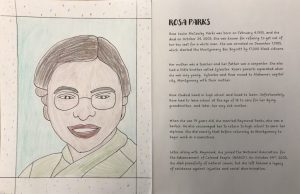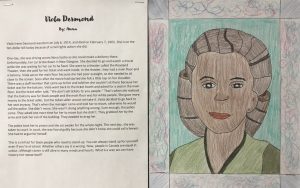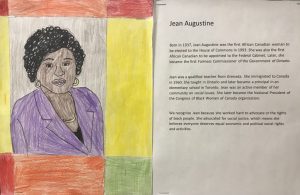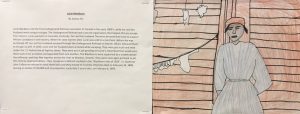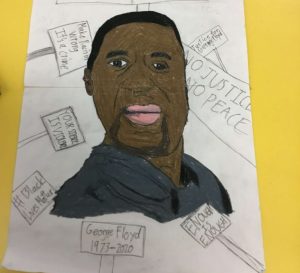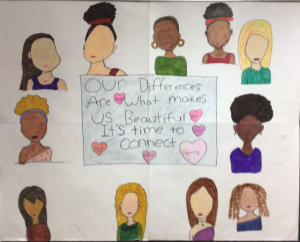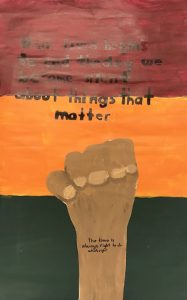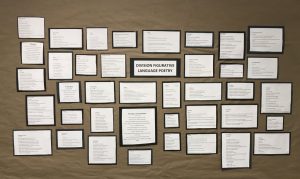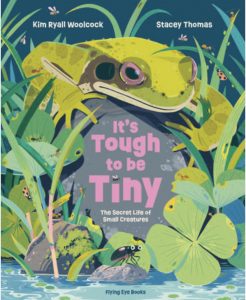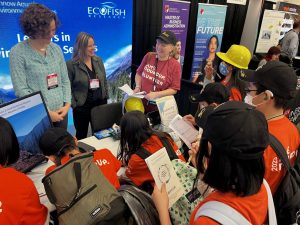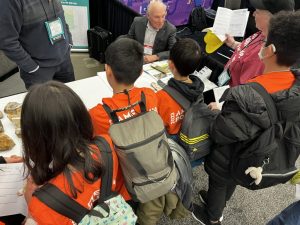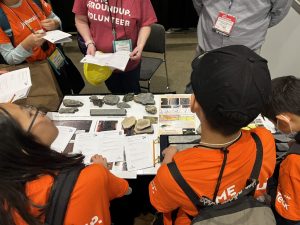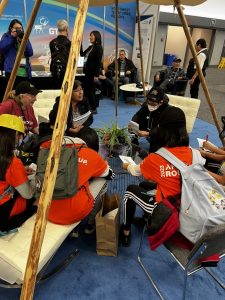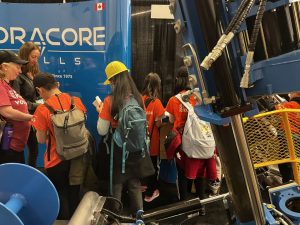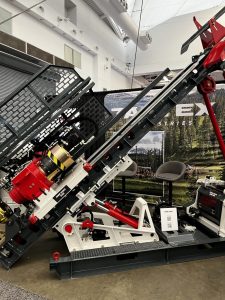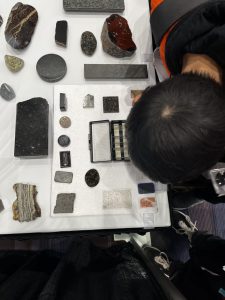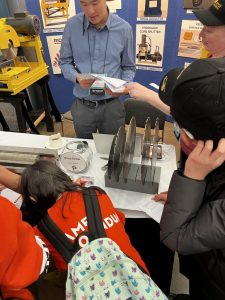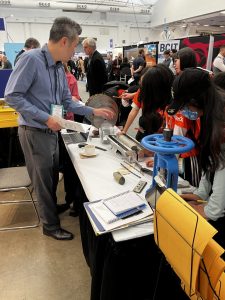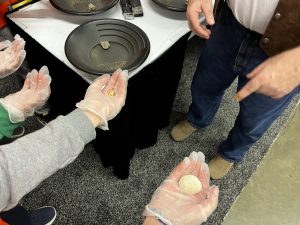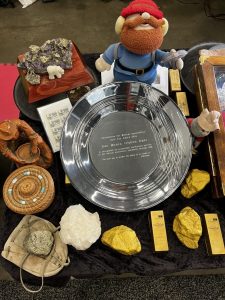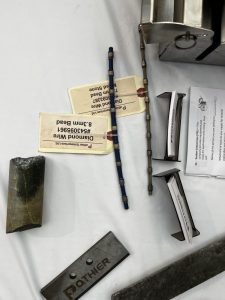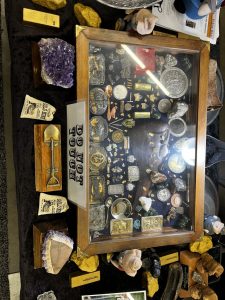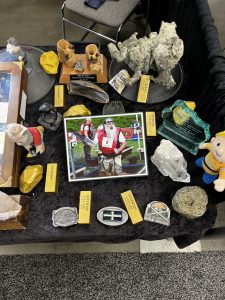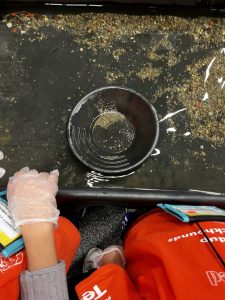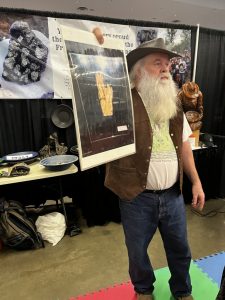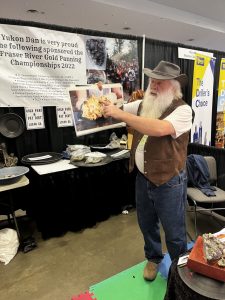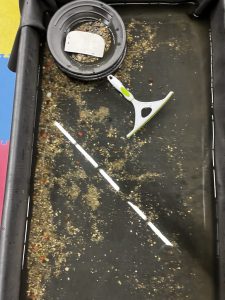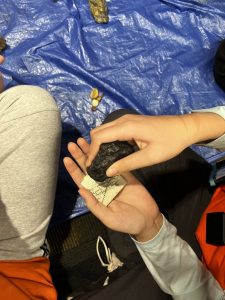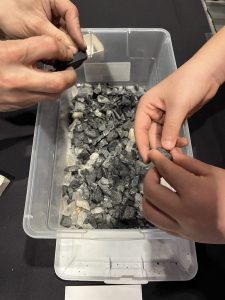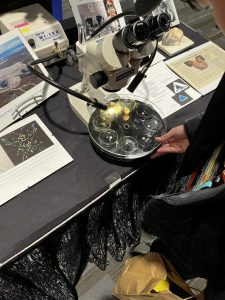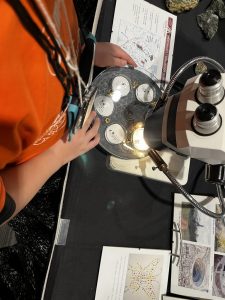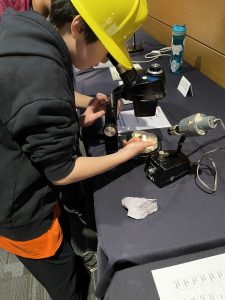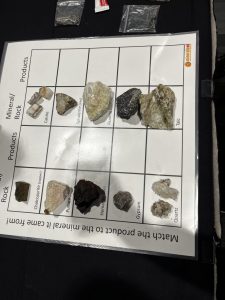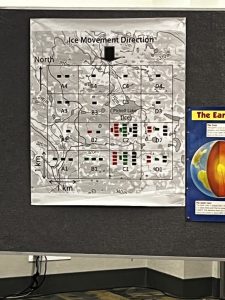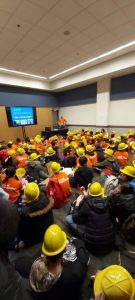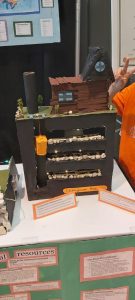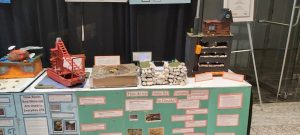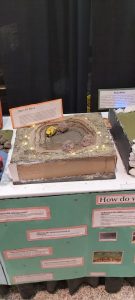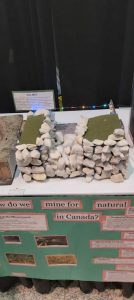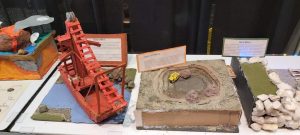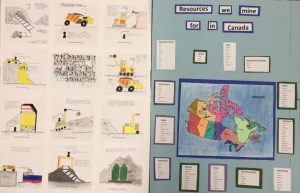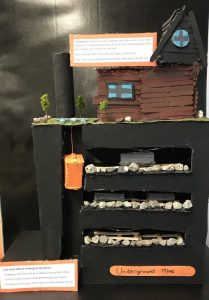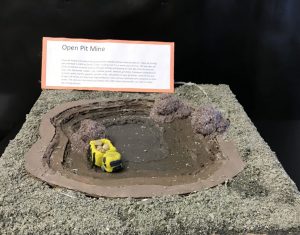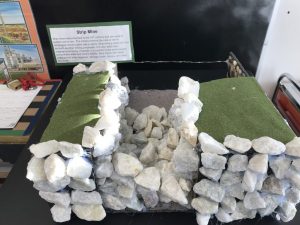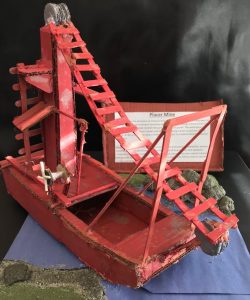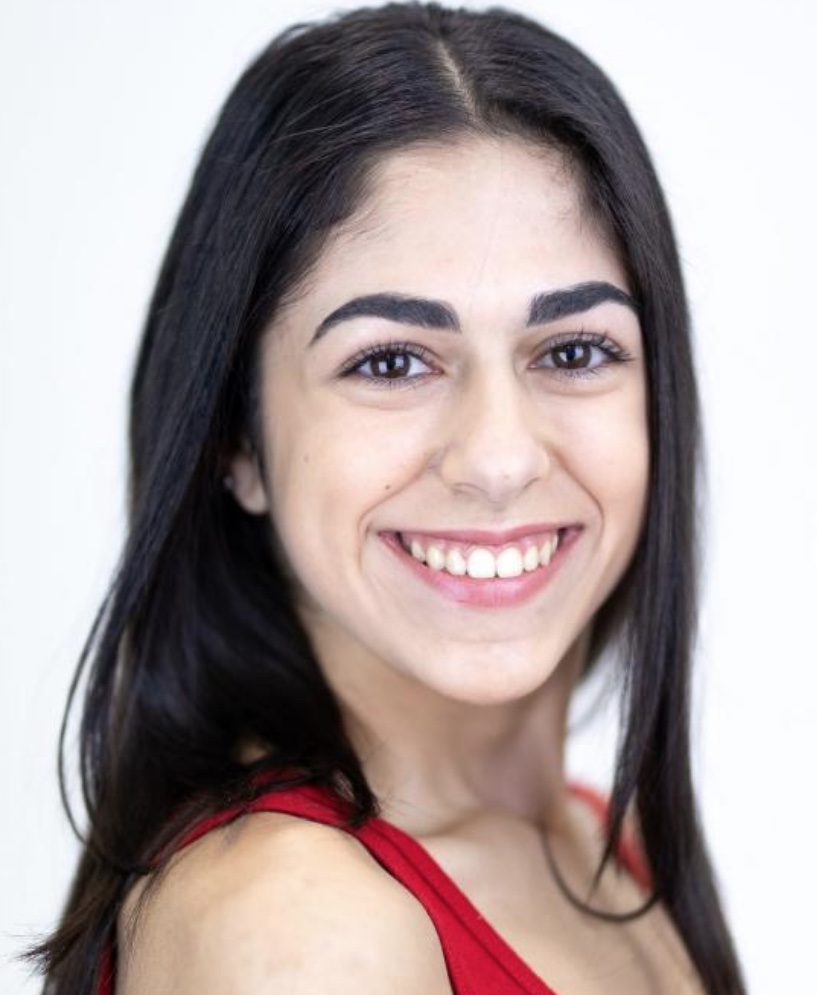 Dear Parents, Guardians, and Students,
Dear Parents, Guardians, and Students,
My name is Kristina Badley and I will be returning to Aubrey Elementary as a student teacher in your child’s classroom over the next couple months. Some of you may already know me from last year when I completed my short practicum in Ms. Smith’s class.
A little bit about me! I completed my Bachelor of General Science (BGS) in education with a triple minor in learning disabilities, curriculum and social justice this past spring. I have also recently completed my Graduate Diploma of Education (GDE) with my focus being classroom specialist.
My teaching journey began in the arts and over the years, I have been fortunate to be able to share my passion for dance and piano with countless youth of all ages through my community involvement with various private piano and dance studios. I greatly cherish all the relationships I have been able to build and look forward to the many more I will be sure to build! Besides teaching, some things I enjoy are spending time with my family (and my two furry friends!), baking, climbing and trying different hot chocolate flavours!
I look forward to meeting you all in the coming weeks as I begin my final classroom experience with Ms. Smith!
Kindest Regards,
Ms. Badley
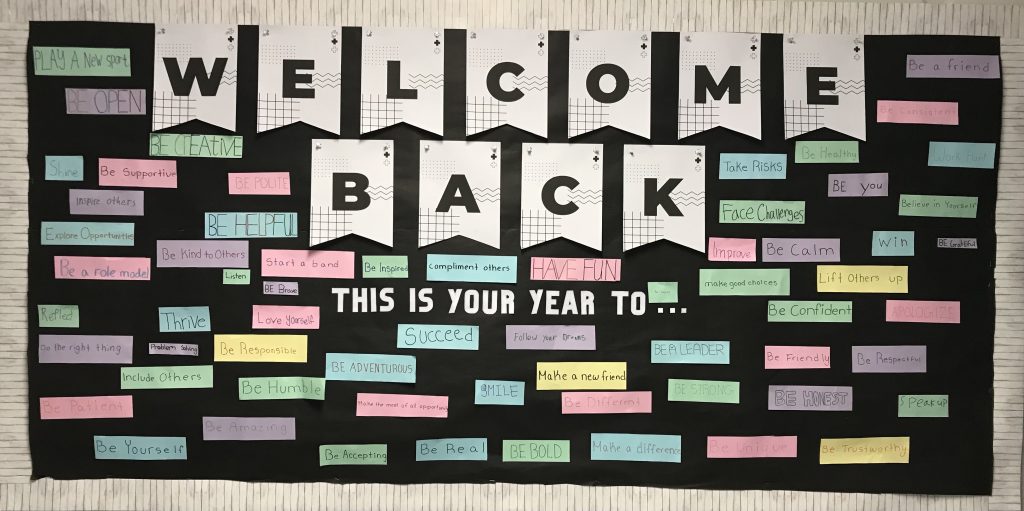
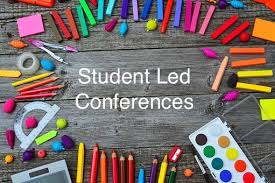
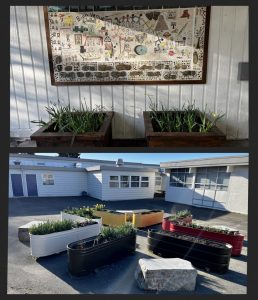
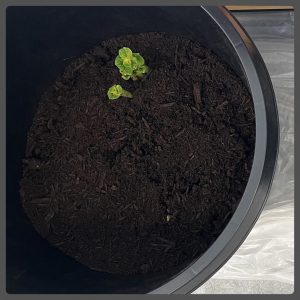
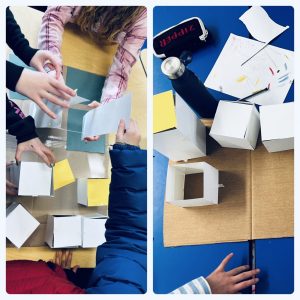 Recently in class students participated in a climate justice and climate change simulation. In this simulation students learned about the consequences of climate change, the injustice, and effects of climate change often experienced by vulnerable populations around the world.
Recently in class students participated in a climate justice and climate change simulation. In this simulation students learned about the consequences of climate change, the injustice, and effects of climate change often experienced by vulnerable populations around the world.